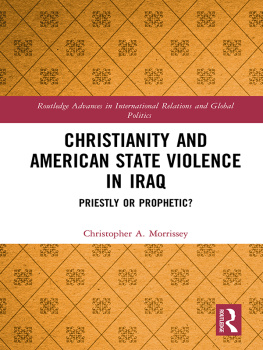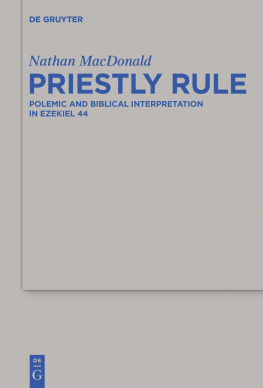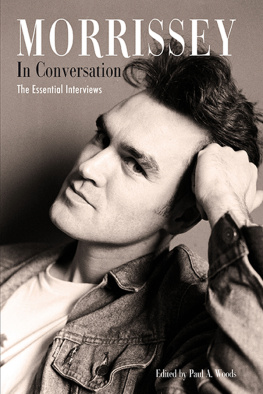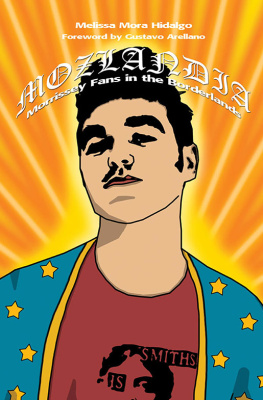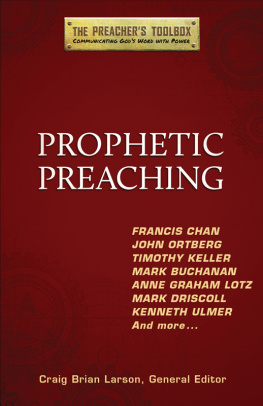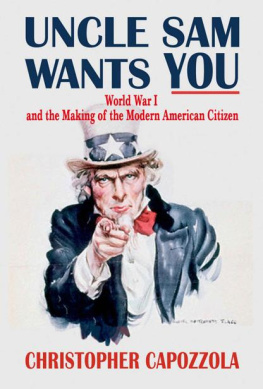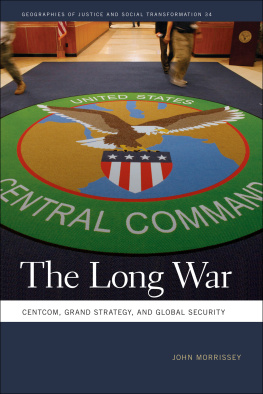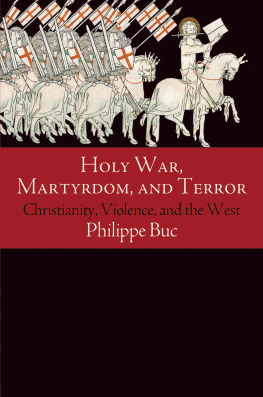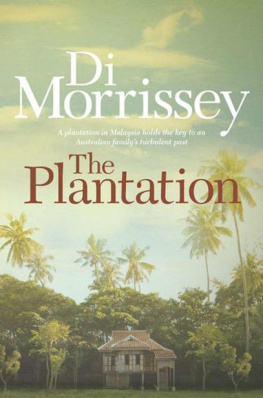Perhaps there is no greater ethical dilemma for Christians than whether to support acts of war, and the question of whether to back the U.S. invasion of Iraq is a striking case in point. In this timely book, the ethical debate over this issue reveals not only the political divisions in American Christianity but also its deep moral ambivalence about militancy and pacifism. It is a thoughtful reflection on the relation of religion and politics, exploring issues that resonate throughout Christendom and all of the world's religious traditions.
Mark Juergensmeyer, author of Terror in the Mind of God: The Global Rise of Religious Violence
Drawing on extensive public records and dozens of in-depth interviews with American Christians who advocated for or against a possible war with Iraq in the months leading up to the U.S. invasion of the spring of 2003, Christopher Morrissey examines the implications of the agonizing diversity of views and moral arguments across and also within Christian denominations and communities. In doing so, he puts on display the internal pluralism of religious traditions and therefore puts to rest any lingering assumptions that religions or religious actors take predictable or monolithic positions on fundamental questions of war, peace or public policy.
Scott Appleby, University of Notre Dame
Christianity and American State Violence in Iraq
The world continues to be threatened by non-state, religiously rationalized violence. While some fail to the see the connections between the US intervention in the Middle East and this ongoing threat, the non-state perpetrators of terror consistently identify American meddling as one of their principle motivating grievances. What are the social and cultural roots of different religious positions on the war in Iraq?
Christianity and American State Violence in Iraq returns to a critical moment in US foreign policy, during which American Christians publicly debated war in Iraq. It examines the religious precepts that were used to argue both for and against the US military engagement in Iraq. To capture this behavior, Christopher A. Morrissey delves into the distinct social and cultural origins of both war-supporting and war-challenging positions. His analysis represents an improved understanding of the public role of religion in important foreign policy debates and helps us better understand how religious culture can legitimate or challenge state violence. An original and timely resource on the social sources of religions ambivalence towards violence and peace in the US and abroad.
Christopher A. Morrissey, PhD, has been Visiting Assistant Professor of Sociology at George Fox University and has taught at Calvin College, the University of Notre Dame, the University of Saint Francis (IN) and Saint Marys College (IN). His research interests include the politics of war and peace in the USA, religion, war and peace and congregational life in the historic peace churches.
Routledge Advances in International Relations and Global Politics
128. Reinventing Regional Security Institutions in Asia and Africa
Power shifts, ideas, and institutional change
Kei Koga
129. Sincerity in Politics and International Relations
Edited by Sorin Baiasu and Sylvie Loriaux
130. Neutrality in International Law
From the Sixteenth Century to 1945
Kentaro Wani
131. Reconciling with the Past
Resources and Obstacles in a Global Perspective
Edited by Annika Frieberg and C.K. Martin Chung
132. Order Wars and Floating Balance
How the Rising Powers Are Reshaping Our Worldview in the Twenty-First Century
Andreas Herberg-Rothe and Key-young Son
133. The Political Psychology of Attitudes towards the West
An Empirical Analysis from Tamil Nadu
Bjrn Goldstein
134. Resistance, Power, and Conceptions of Political Order in Islamist Organizations
Comparing Hezbollah and Hamas
Maren Koss
135. Christianity and American State Violence in Iraq
Priestly or Prophetic?
Christopher A. Morrissey
136. Small States and Hegemonic Competition in Southeast Asia
Pursuing Autonomy, Security and Development amid Great Power Politics
Chih-Mao Tang
First published 2018
by Routledge
711 Third Avenue, New York, NY 10017
and by Routledge
2 Park Square, Milton Park, Abingdon, Oxon OX14 4RN
Routledge is an imprint of the Taylor & Francis Group, an informa business
2018 Taylor & Francis
The right of Christopher A. Morrissey to be identified as author of this work has been asserted by him in accordance with sections 77 and 78 of the Copyright, Designs and Patents Act 1988.
All rights reserved. No part of this book may be reprinted or reproduced or utilised in any form or by any electronic, mechanical, or other means, now known or hereafter invented, including photocopying and recording, or in any information storage or retrieval system, without permission in writing from the publishers.
Trademark notice: Product or corporate names may be trademarks or registered trademarks, and are used only for identification and explanation without intent to infringe.
Library of Congress Cataloging in Publication Data
A catalog record for this book has been requested
ISBN: 978-1-138-73602-3 (hbk)
ISBN: 978-1-315-18616-0 (ebk)
This book I dedicate to my children: Darnisha, Maeve, MacKenna, and Christina. May you all inherit a more peaceful world.
This research was supported by generous funding from a National Science Foundation Dissertation Improvement Grant, the Institute for Scholarship in the Liberal Arts at the University of Notre Dame, and the Toqueville Program at the University of Notre Dame.
I wish to thank all those who supported this project and my family during the long course of its development. Special thanks to my dissertation committee of Mary Ellen Konieczny, Christian Smith, Robert Fishman, and Lyn Spillman. You all were valued guides through graduate school and the research process. I am deeply grateful for your smart feedback and (mostly) gentle hands throughout. Special thanks to my fellow grad school travelers, particularly Robert Brenneman, Jon Hill, and Robert Miller who provided inspiration and social support. Special thanks to the family that made this work possible: especially Javaughn, Linda, Paul, and Valerie. I will never repay the debts I owe all of you. Special thanks to the many villages that helped with so many of my familys exotic needs during these challenging years. We have been blessed. You know who you are. Thank you.
war creates a pathos and sentiment of community. War thereby makes for an unconditionally devoted and sacrificial community among the combatants and releases an active mass compassion and love for those who are in need In general, religions can show comparable achievements only in heroic communities professing an ethic of brotherliness.
Max Weber written in 1920
Most gracious God Help our nation, its leaders and the leaders of Iraq and other nations that would use violence as a threat or means to accomplish their ends to understand that we are living in a new global age, where war is no longer an option in settling disputes.

